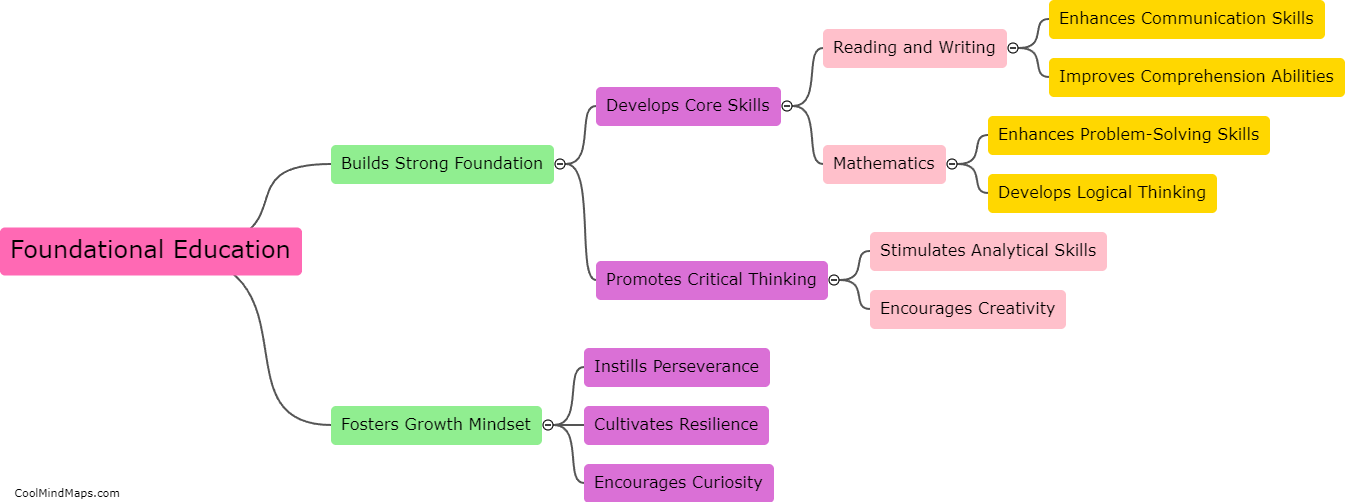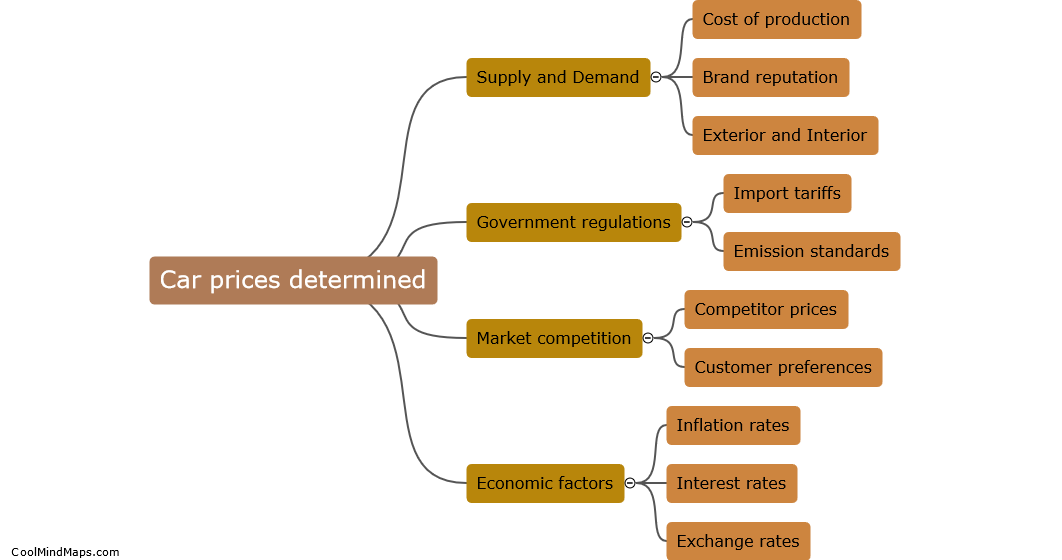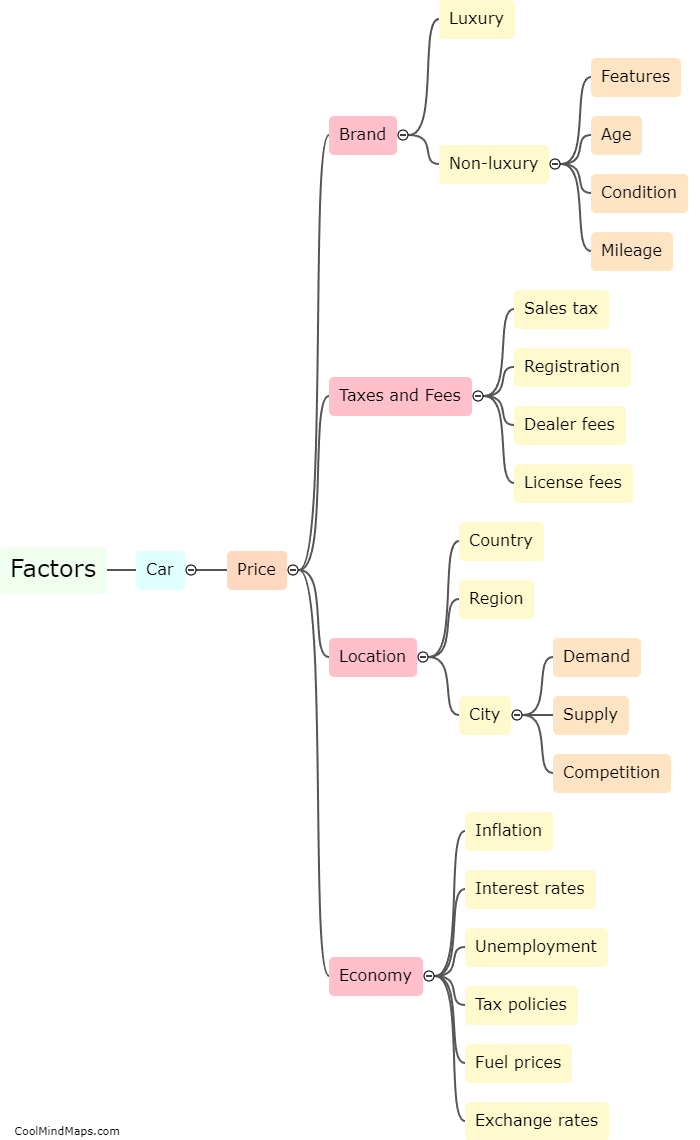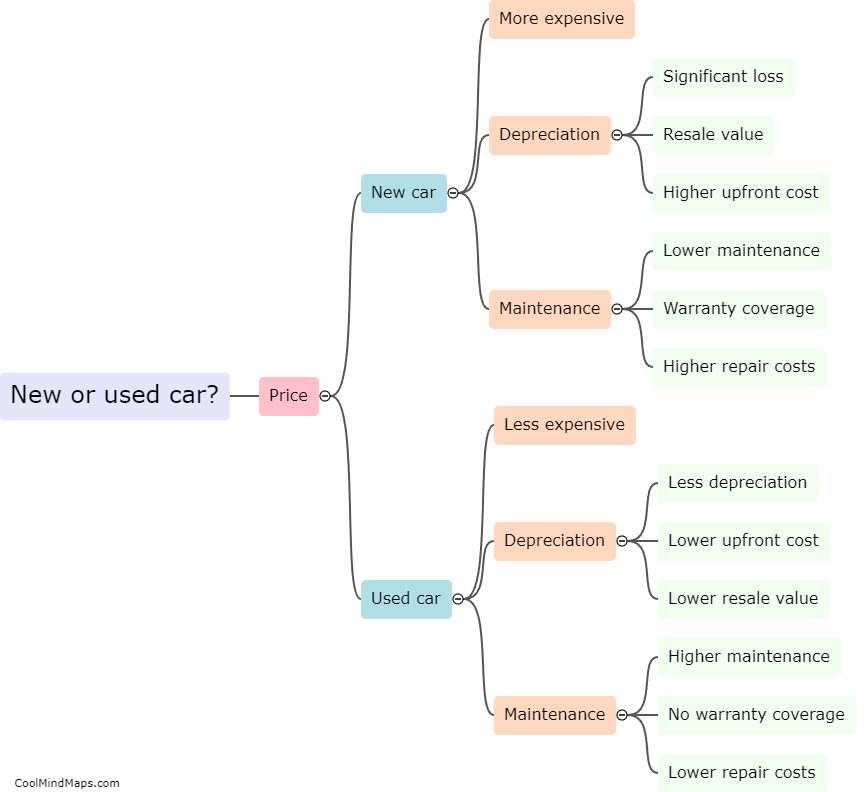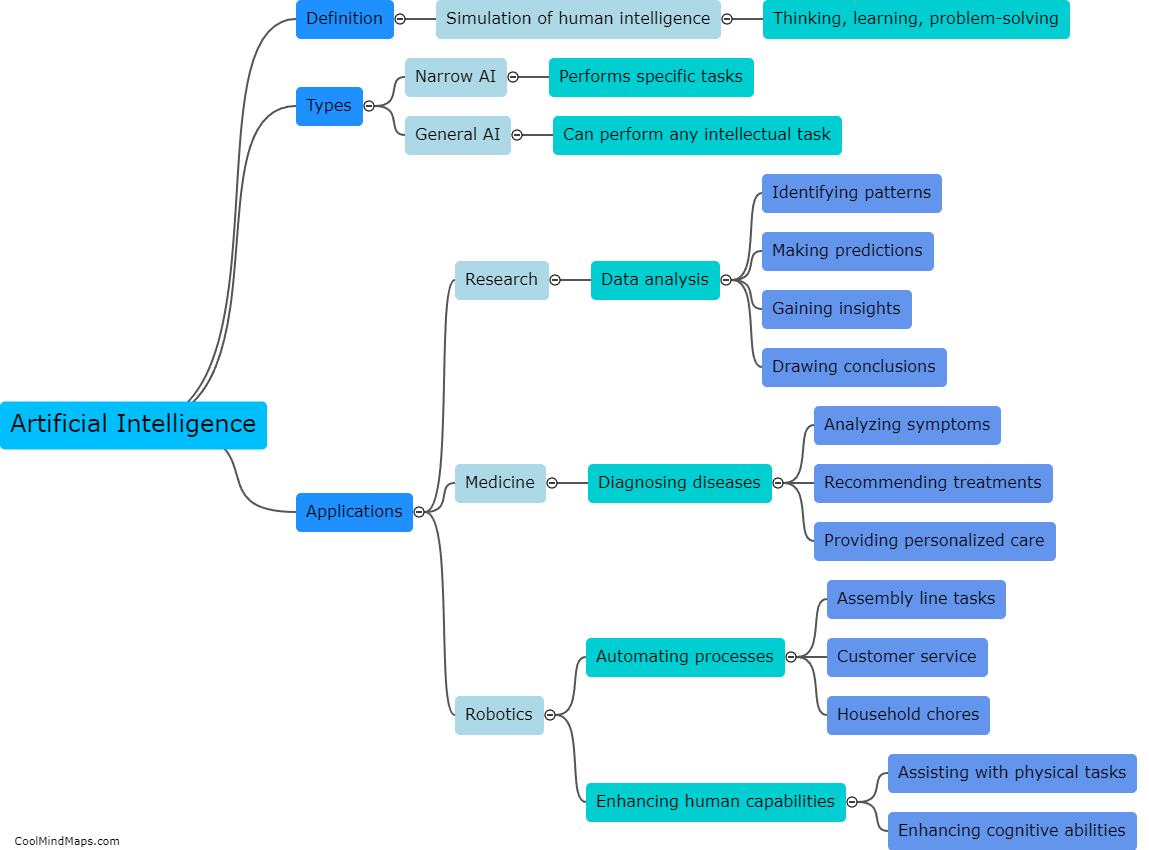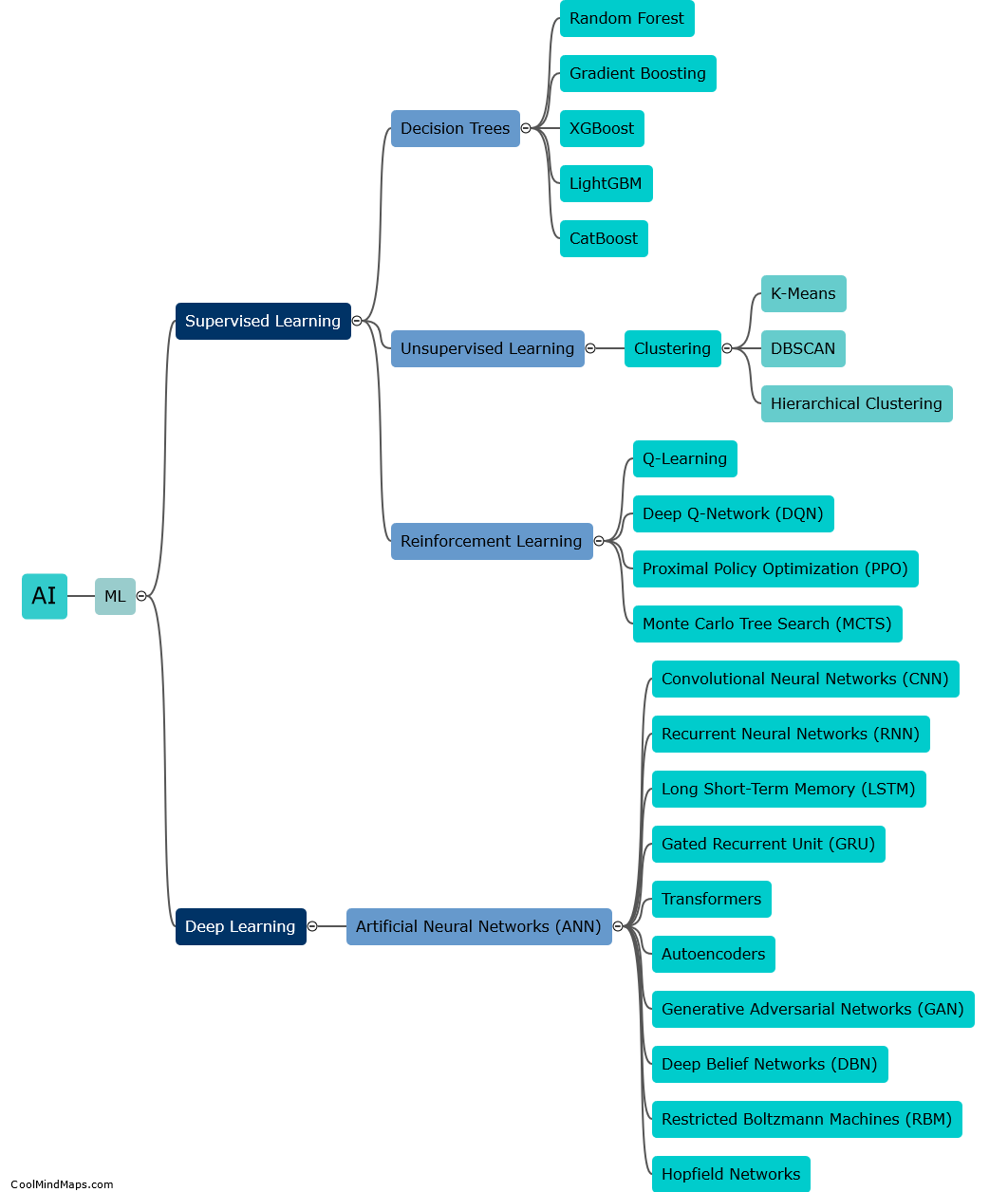What are the ethical implications of artificial intelligence?
Artificial intelligence (AI) raises important ethical considerations due to its potential to greatly impact society. One of the key concerns is the potential for AI to perpetuate biases and discrimination. Since AI systems learn from vast amounts of data, if the training data is biased, the AI can perpetuate and amplify these biases, leading to unfair practices in areas like hiring or lending decisions. Privacy is another significant ethical implication of AI, as it often involves collecting and analyzing vast amounts of personal data, potentially infringing on individuals' rights. Additionally, the increasing autonomy of AI raises questions around accountability and responsibility if AI systems make harmful or unethical decisions. Other ethical challenges include the potential loss of jobs, the impact on economic inequality, and the need for transparency and explainability in AI algorithms. Ultimately, addressing these ethical implications is crucial to ensure the responsible development and deployment of AI technologies.
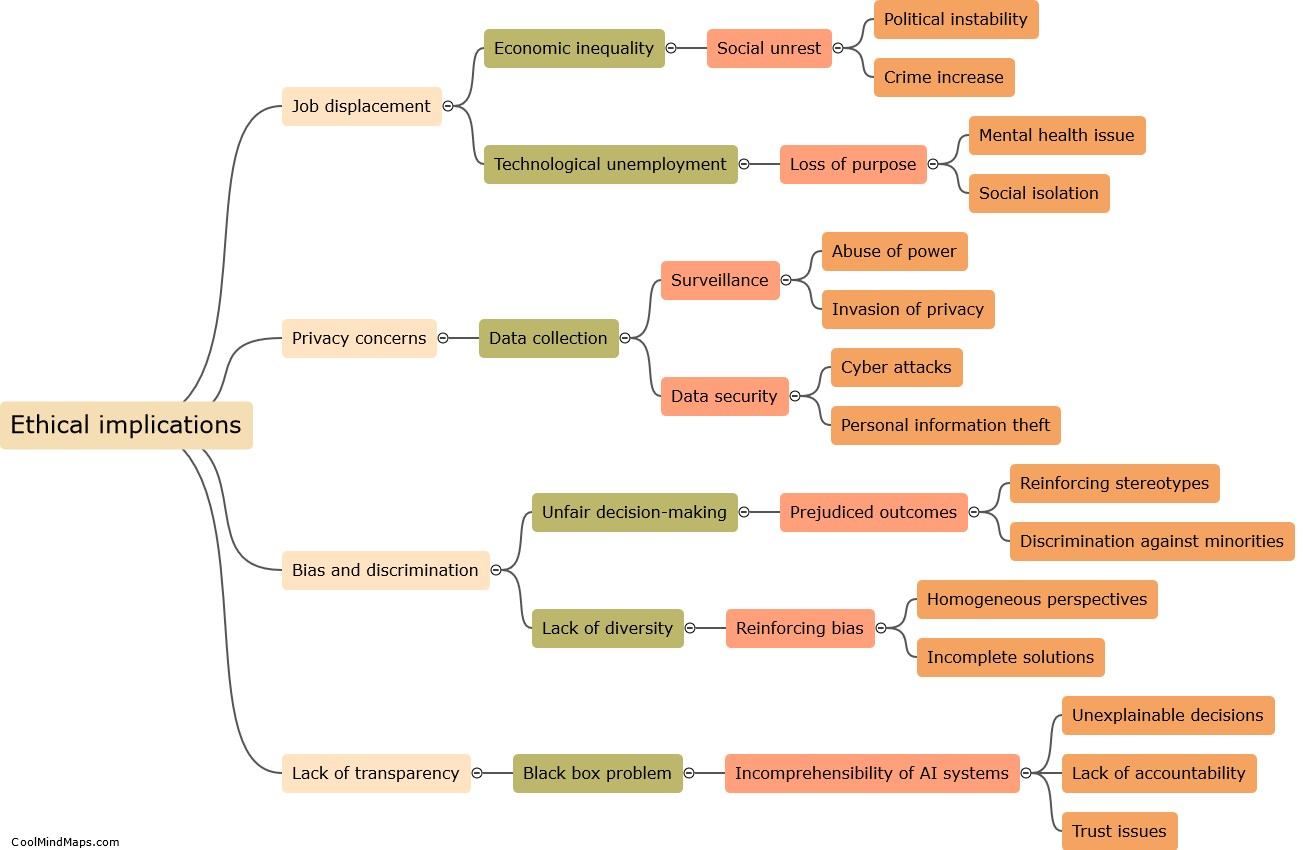
This mind map was published on 20 August 2023 and has been viewed 98 times.


